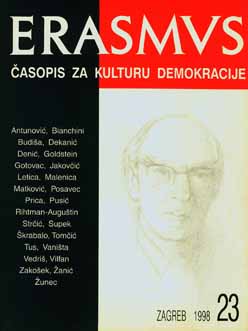
Keywords: Commercial filter; Diversity; Generation; Knowledge
The interpretation of information in collaborative structure is achieved through the existence of a common context. One element that we propose in this article is the "commercial filter" as an essential factor that can support a research of a collaborative innovation process. Researchers approach until now points out in structuring the collaborative networks the economic organizations as main initiators and participants. Organizations will shape the structure and process of creating and utilizing innovations in terms of their purpose: to achieve economic results related to profitability, outcomes necessary for shareholders remuneration. In addition, this perspective of "commercial filter" allows to be selected and used only those innovations that will be considered profitable by the organizations involved in collaboration.
More...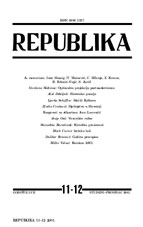
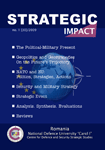
Keywords: Geopolitics; globalisation; international relations; energetic resources;
The main energetic source for the population both at present, and in the future, is represented by fossil fuel, to an extent of 85%. The oil and gas pipelines have caused the first dispute in the energetic field, between the EU and Russia, at the beginning of 2006. Thus, the European Union starts to elaborate a unified energetic policy in order to reduce its dependency on Russian resources. There are numerous energetic projects from both sides, and Romania is involved in two of them.
More...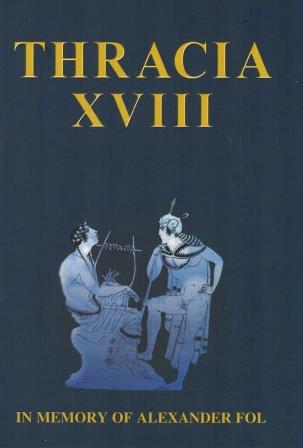
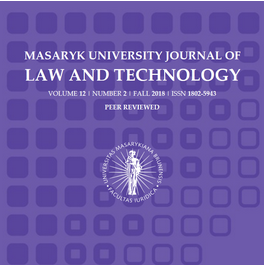
Keywords: Cybersurveillance; privacy; workplace;
The themes of privacy and cybersurveillance by the employer have been turning in a matter of considerable interest and surrounded by great controversy in the last years. The Internet changed the business landscape, making it far more competitive and the workplace considerably more fast-moving. But, on the other hand, it also hastened the advent of widespread twenty-fourhour connectivity, particularly through netcentric technologies. Together, these factors led to a re-conceptualization of work time and private life, making that the concept of work-life balance gained new meaning in a highly competitive and global economy in which each worker is accessible at any time, from any place and employees can access their colleagues, documents, and data from just about anywhere. This new form of control establishes powerful means of cybersurveillance and of memorization, but also of analysis thus interfering in people’s privacy, and one of the major challenges today is the regulation of the electronic control in the workplace because the advancement of modern technology, notably computers and the Internet, has made it possible to collect and store information on a seemingly limitless scale, while also facilitating access to it. This has led to a new and much more intrusive form of control. Almost everything can be controlled, even the way the worker thinks, because these instruments leave footprints that are immediately perceptible to the employer.
More...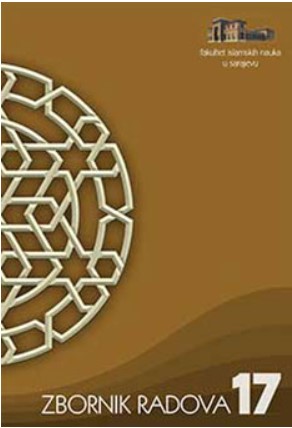
Keywords: Iqbal; Pakistan; Muslims; Hindus; Ahmed Khan; Aligarh; Deoband; Thomas Arnold; Hasan Ibrahim Hasan;
Islam was introduced to the Indian subcontinent at the end of the first Hijra century. The population of the subcontinent accepted Islam whose teachings were simple and affordable for the masses. Muslims were in power until the arrival of English colonialism, when that power has been lost. At the end of English colonialism, Muslims have emphasized two requirements. The first requirement relates to the realization of the idea of Muhammad Iqbal on the creation of a separate state for Muslims in those provinces where they were more numerous than Hindus. Then, in 1947 the Islamic Republic of Pakistan was created with its two parts: East and West Pakistan. Another request was made for those Muslims who still wanted to live within the Indian community to be allowed to spread Islam among the many ethnic groups of India. It was their choice because they thought that the displacement of the population, in fact, was running away. Today in India among Hindus live about a hundred million Muslims.
More...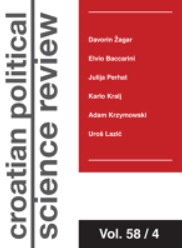
Keywords: Ivo Goldstein; Croatia; 1990-2020; Political history; Military history;
Review of: Velimir Veselinović - Ivo Goldstein, Hrvatska 1990. – 2020. Godine velikih nada i gorkih razočaranja, Profil knjiga, Zagreb, 2021., 566 str.
More...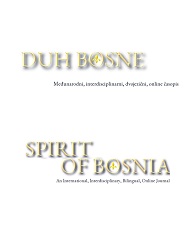
Keywords: Bosnia and Herzegovina; Dayton Peace Agreement; international community; civil war; nationalistic parties; nationalism; political system; democracy;
Potpisivanje Daytonskog sporazuma je za većinu stanovnika Bosne i Hercegovine trebalo da predstavlja nadu da će uz pomoć međunarodne zajednice ubrzo povratiti predratne vrednosti. Dejtonski ugovor jeste prekinuo krvavi rat u BiH, što je bez sumje bio njegov najveći ali i jedini doprinos. Ali isti oni ljudi koji su započeli rat i vodili ga bili su njegovi potpisnici. Ništa se ne događa slučajno: kada vidimo ko su danas borci da se ni jedno slovo Dejtonskog ugovora ne promeni postaje jasno da je ovaj ugovor pisan po diktatu nacionalističkih lidera i da je bio i ostao potvrda njihovih osvojenih teritorija.
More...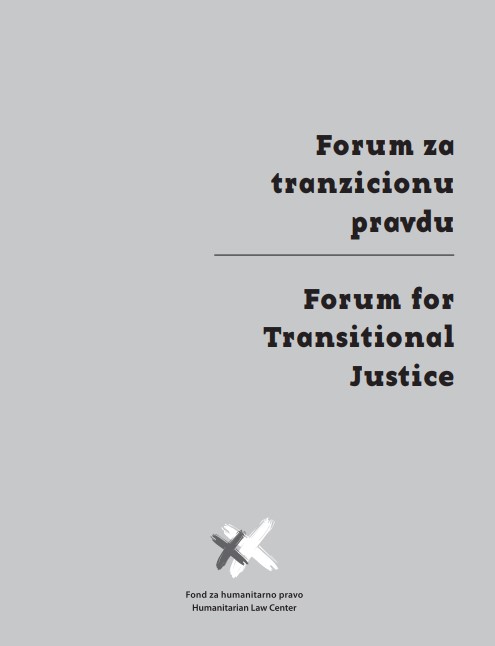
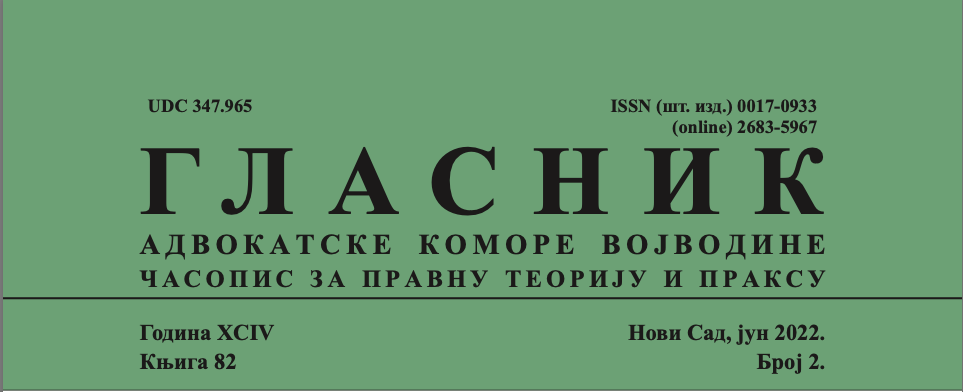
Keywords: Ivo Andrić; corruption; Ottoman Empire; historical institutionalism; the rule of law
Andrić’s doctoral dissertation, titled “Development of spiritual life in Bosnia under the influence of Turkish rule,” has so far initiated many discussions, mostly criticism of the methodology used by Andrić in this dissertation, but also many criticisms related to challenging the scientific character of the dissertation itself. In this paper, the author focuses on a completely different segment of Andrić’s dissertation, which previous analyses and critiques of Andrić’s dissertation have not covered. The problem of corruption in the Ottoman Empire shall be the subject of the analysis, and certainly the problem of corruption in Bosnia as part of the Ottoman Empire. The paper analyses the scientific basis of Andrić’s claims in the dissertation on the ubiquity of corruption in the Ottoman Empire, and the possible impact of the corruption of Ottoman institutions on the development of institutions in Bosnia and Herzegovina. The author explains the importance of Andrić’s dissertation for a better understanding of the problem of corruption in the functioning of the institutions of Bosnia and Herzegovina with the theory of historical institutionalism.
More...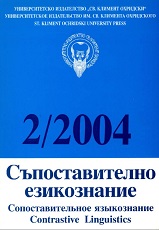
Keywords: language acquisition; natural morphology;
Българският език е бил вече, макар и отчасти, обект на изследване в светлината на естествената морфология (срв. Кьостерс 1997; Гаравалова 2002). Обект на наблюдение и анализ в предлаганата работа ще бъдат проявленията на основните естествени принципи в процеса на овладяването на езика (L,), дефинирани в парадигмата на тази лингвистична школа, а така също и ранните стадии в усвояването на морфологията. Настоящата статия представлява първи опит в българската лингвистика проблемите на езиковата онтогенеза да бъдат интерпретирани в термините на теорията на естествената морфология.
More...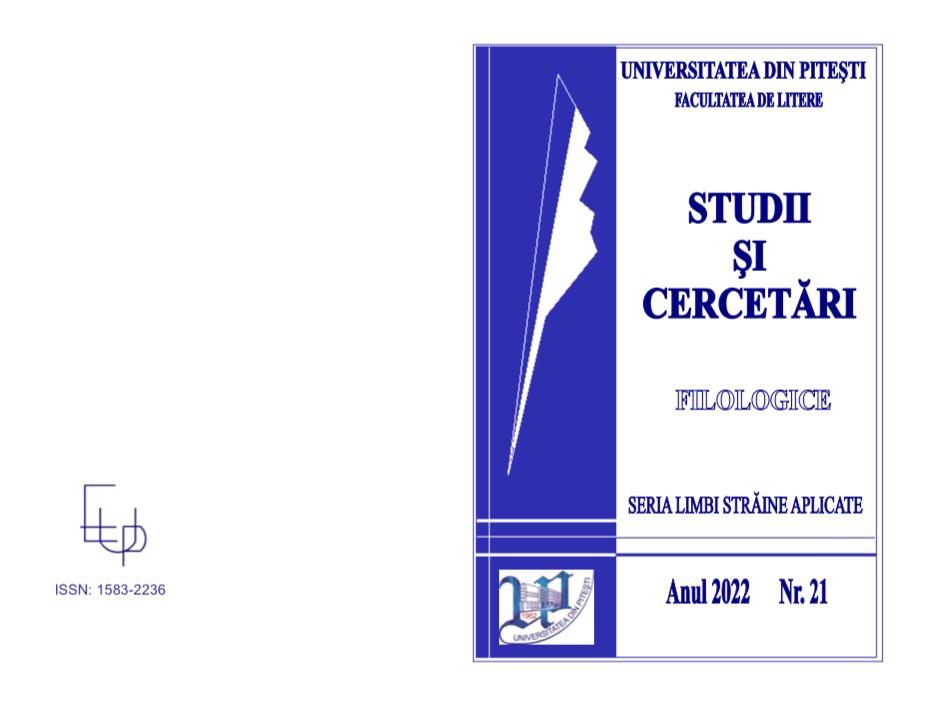
Keywords: word formation; coinage; suffixation; morpheme; mental lexicon;
Word formation is a chapter of the English grammar which requires specific attention not only due to its complexity in forming new words, but also in terms of a variety of means by which it is expressed. Whether it is affixation, composition or derivation, the phenomenon is worth analyzing in order to understand the mechanisms of word formation. Therefore, the work under study aims to reveal the way our mental lexicon accesses thousands of words and word combinations for which we need a lot of linguistic skillfulness. At the same time, the study also focuses on potential difficulties that students meet in relation to the coinage or acquisition of new words which they use in everyday contexts.
More...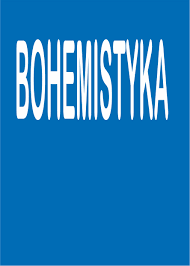
Keywords: Contemporary Czech prose; “the trap of popularism”; “the trap of aestheticism”; resignation to critical demands
The essay critically reflects on the fact that in Czech prose of the 2010s there was an obvious inclination towards works full of literary conventions and pandering to aesthetically undemanding readers. It recalls that one of the first to draw attention to this trend was Jiří Peňás, who, however, inadequately attributed the blame to the so-called ”female writing”. In the paper, Peňás’s opinion is corrected by pointing to similarly problematic works written and published by men in the same period. As one of the main reasons for the current majority renunciation of critical claiming of formally and conceptually unconventional works, the article identifies the inclination of Host, one of the most important Czech publishing houses, which also publishes a representative literary journal of the same name, towards midcult, announced at the turn of the century by Miroslav Balaštík, the leading representative of the publishing house and the journal in question. In the conclusion, it is stressed that Balaštík’s recommendation how to break out of the ”trap of aestheticism” resulted in the acute danger of Czech prose getting stuck in the ”trap of popularism”.
More...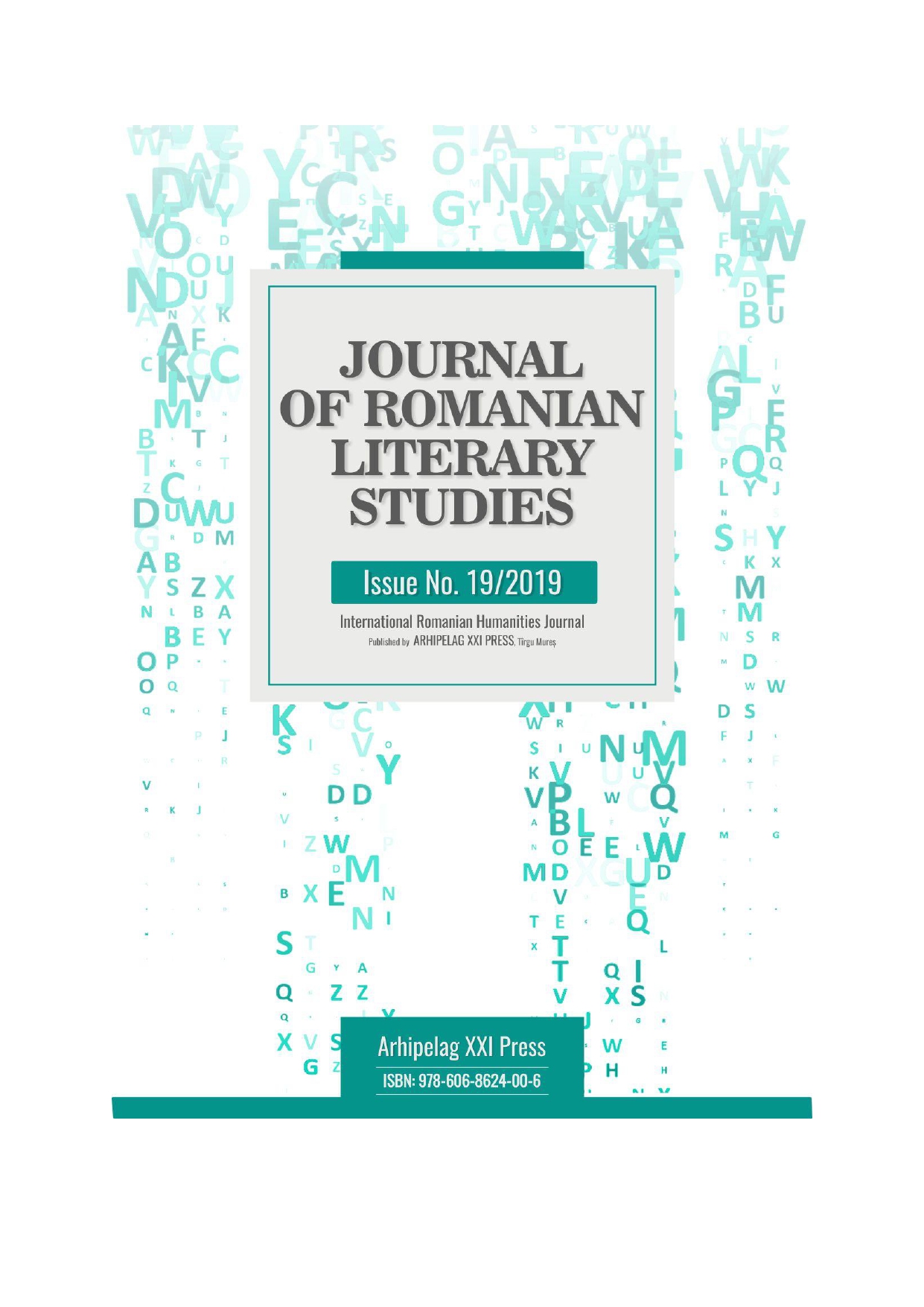
Keywords: Cultural Studies; American Studies; the Myth and Symbol School; Americanness;
The current paper aims at contributing to the clarification of a number of positions in contemporary debates today, by focusing on the early stages of what would be called, on both sides of the Atlantic, American Studies and Cultural Studies. The text links significant issues, figures and orientations in areas of inquiry that have moved, along with the changing scholarly and social climate, from a reverential attitude toward canonical culture and the elite cultural heritage, reminiscent of Matthew Arnold’s Victorian definitions of culture, toward a more critical and confrontational attitude to culture in the age of diversity, as illustrated in competing versions of Cultural Studies and American Studies.
More...
Keywords: Romance comparison research; argumental structure; direct object; passive experimenter; doubling; direct object marking (DOM); system similarities;
In this research, we will focus on the active-transitive argumental structure (the second argument, i.e. the direct object personal pronoun) of the Romanian a se mira ‘wonder’, compared with the syntactic framework of the corresponding heteronyms, fr. étonner and sp. extrañar. As members of the psych (wonder) verbs, the terms that we discuss imply the morphological actualization of the direct object (with the theta-role of passive experimenter) as a [+ animated], [+ personal] pronoun. The animated / personal nature of the experimenter is associated with certain grammatical consequences, especially in Romanian and Spanish, where the use the personal accusative morpheme entails the direct object doubling, either as anticipation and / or resumptive doubling. In this context, French stands out as not displaying a personal accusative morpheme, the “doubling” (of the direct object) being a stylistic phenomenon par excellence. Considering these aspects, it is not surprising that Romanian and Spanish display more frequent discursive situations of the direct object doubling: in these Romance idioms, the phenomenon of doubling is a grammatical / normative aspect, not limited (strictly or fundamentally) to the stylistic dimension.
More...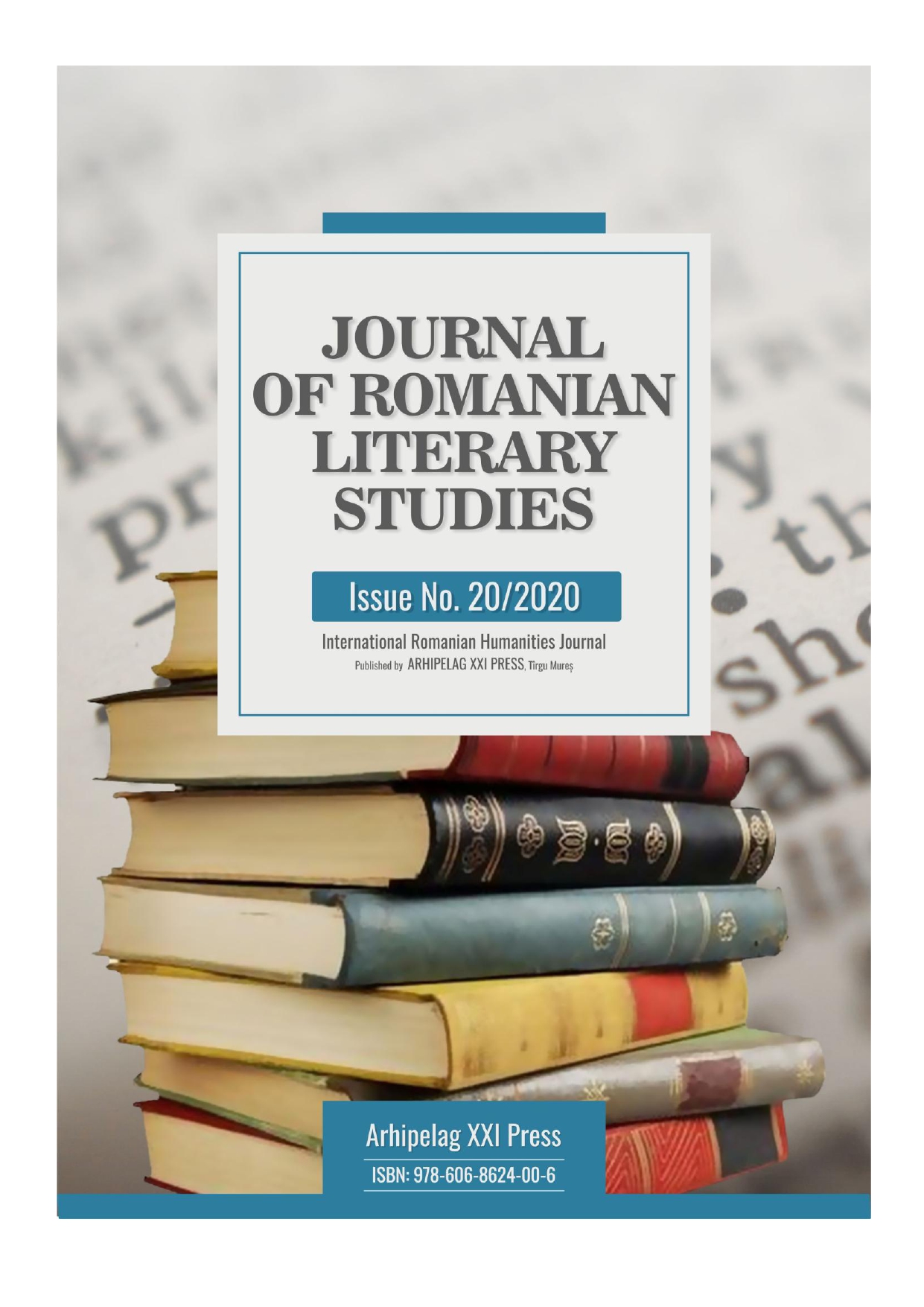
Keywords: enchiridia; humanism; press; Renaissance; medical texts;
Printing of rare texts belonging to Greek antiquity represented the culture's way of surviving in a period when the new era was just beginning. Aldus Manutius revived the glory of the ancient texts with a virtuosity that laid the foundation for a guild's deontology that would represent for many centuries a standard. Among the means that would bring the art of printing in the modern poke were the standardization of punctuation and the use of italic writing. His visionary mission was not limited to the printing of texts but also to the creation of an entire people of culture network to provide them with the necessary material, to open the readers' souls to the text and to create an environment conducive to the spread of cultural values by creating editions that were much easier to use. The price paid by Aldus Manutius was so high financially, because many of his editions barely covering the printing price, but also emotionally because the Italian printer would not see his dream of creating an academy fulfilled. Often forcing the limits imposed by church dogma, Aldus would bring texts from the European cultural heritage closer to the general public. The Italian humanist managed to save much of the old texts that otherwise would have remained unknown or circulated in corrupt and erroneous versions. His philological work was duplicated by an integrant cultural vision in which the most important character was represented by the general public, that is the final reader.
More...
Keywords: Bible; Calvinism; Orthodoxy; religio recepta; translation;
Europe is a melting pot of cultures due to globalization. I like to think that we are more open-minded now than people were centuries ago, so we are ready to adapt to diversity and change of different kinds. But let’s have a close look to what happened in the past; and for that, we have texts as witnesses. Reading between the lines, we can draw some conclusions on how willing people were to tolerate (if not to accept) others’ opinions, beliefs (either religious, cultural or scientific) and aspirations. In the marginal texts or in the prefaces there are some things hidden from the intolerants’ eyes that we can now discover after careful analyses. We can see the truth beneath as we examine some Romanian texts written by “marginal” communities.
More...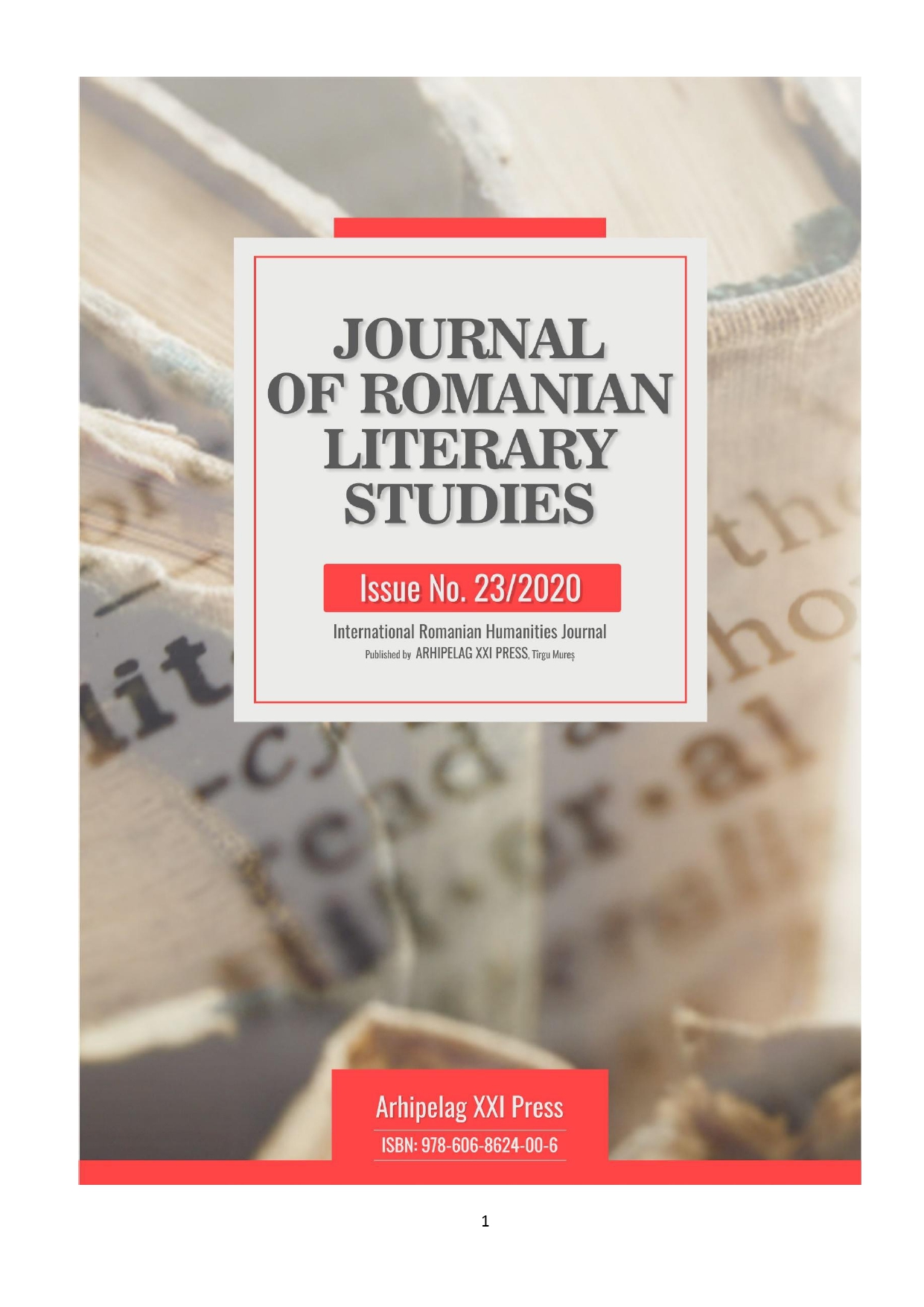
Keywords: Objective lyricism; traditionalism; empathy; imaginary; versification;
In the interpretation of George Cosbuc's poem, over time, many reading formulas, some of them contrasting, have been launched in literary criticism. This study analyzes them, highlighting the essential elements that are part of our ethnic specificity, whereby Cosbuc remains a current poet for an extensive group of readers.
More...